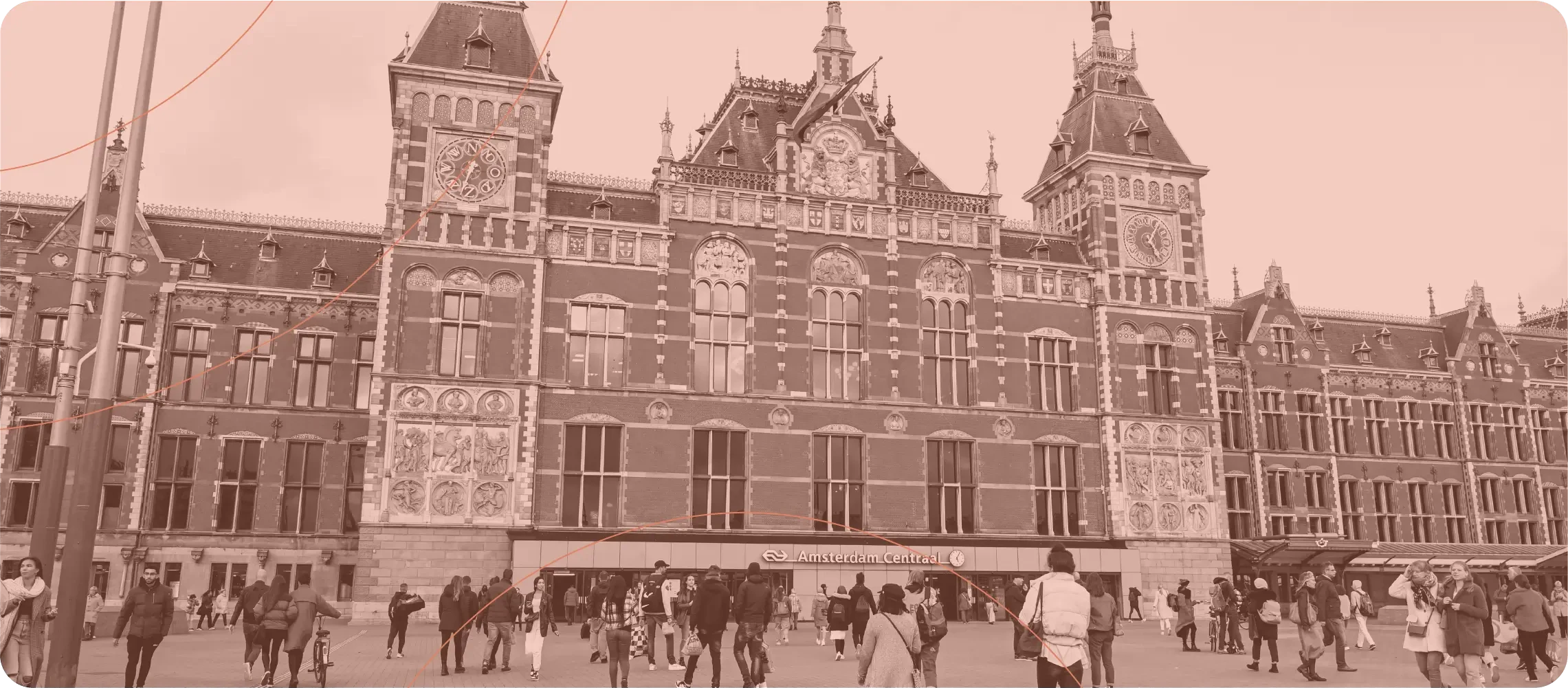The United Kingdom officially left the European Union on 31 January 2020 due to Brexit, which defines the United Kingdoms departure from the European Union. This development, which brought about many changes for all stakeholders, from international trade agreements to the UK and EU economy, also added businesses employing UK citizens in the Netherlands. As Unusual Payroll, which provides comprehensive payroll services in the Netherlands, we evaluate the effects of Brexit on payroll operations in this blog.
The United Kingdom's departure from the European Union has impacted the payroll operations of businesses in the Netherlands with UK national employees. These employees began to be defined as 'third country citizens' after Brexit, necessitating them to obtain residence and work permits to continue working in the Netherlands. As Unusual Payroll, which facilitates payroll services and eases the paperwork burden of employers, in this blog, we discuss post-Brexit payroll operations and answer the following questions:
How has Brexit affected payroll operations for UK employees in the Netherlands?
Can UK citizens work in the Netherlands?
How can employers hire highly skilled UK migrants in the Netherlands?
But first, if you wish, let's briefly summarise the historical background of Brexit and touch upon the process of the United Kingdom leaving the European Union.
Brief history of Brexit
The Treaty on the European Union, with its Article 50, gives all member states the right to leave the EU. According to some interpretations, the idea of the United Kingdom leaving the European Union has been discussed since 1973, when the country joined the European Economic Community, the predecessor of the EU. It is known that the first referendum on this issue was held in 1975, and 67% of the voters voted for continued EU membership. The last referendum separating the United Kingdom from the EU dates back to 2016. It is known that 52% of the people voted in favour of leaving the EU in this referendum, which resulted in the resignation of UK Prime Minister David Cameron. The transition began with the United Kingdom's official departure from the European Union at 23:00 on January 31, 2020. At this time, trade and cooperation agreements and international trade agreements started. The economic effects and social repercussions of Brexit and the post-Brexit period have been among the most discussed topics in world politics and the subject of most academic articles since then. Among the economic effects of Brexit, which are not limited to exchange rate fluctuations, the changes in the payroll operations of UK citizens working in the Netherlands, an EU member country, also stand out.
How has Brexit affected payroll operations for UK employees in the Netherlands?
As a result of Brexit, it was announced that UK citizens would be unable to live in the Netherlands without a residence permit as of October 1st, 2021. It was stated that people from the UK who move or plan to move to the Netherlands in 2021 will be subject to the laws that regulate working life in the Netherlands and determine the framework of highly skilled migrant employment. While EU citizens do not need a residence or work permit to reside or work in the region’s countries, after Brexit, UK citizens began to require a residence and work permit. UK nationals were counted among “third country nationals”, which defines people who are not citizens of the EU, the European Economic Area or Switzerland.
In this case, UK citizens who plan to work in the Netherlands for less than 90 days must apply for a tewerkstellingsvergunning - TWV (work permit) from the Uitvoeringsinstituut Werknemersverzekeringen - UWV (Employment Insurance Agency), and for those who will work for more than 90 days, employers must apply to the Netherlands for the relevant employee. They are now required to obtain a GVVA (combined residence and work permit) from the Immigration and naturalization Service IND.

Can UK citizens work in the Netherlands?
The answer to this question, one of the most frequently asked questions after Brexit, is yes. UK citizens can benefit from programs such as the highly skilled migrant program offered by the Netherlands, provided they meet the requirements for a residence and work visa in the Netherlands.
How can employers employ highly skilled migrants from the UK in the Netherlands?
Regarding tax and social security, if a UK citizen employee lives and works in the Netherlands, their salaries are subject to Dutch tax and their social security contributions are collected according to Dutch law. Although this situation brought new obligations for businesses employing UK citizens in the Netherlands, it also created the opportunity to benefit from tax advantages that encourage the employment of highly skilled migrants in the Netherlands, such as the 30% Tax Ruling. Employers can use Netherlands-based payroll agencies to manage these processes.
The highly skilled migrant program, which we mentioned in our article titled Streamlining Payroll for Highly Skilled Migrants in the Netherlands: A Comprehensive Guide, has become one UK citizens can also be subject to after Brexit. In this context, there was an opportunity for UK citizens to relocate to the Netherlands through work and study.
Professionals with rare expertise in the Dutch labour market who can be defined by law as highly skilled migrants can apply for visas and residence permits through their employers, subject to Dutch employment laws. To do this, employers must have a registered business in the Netherlands, be recognised as a sponsor by IND in the Netherlands, and apply to IND. Employees who meet the minimum monthly income requirements can immigrate to the Netherlands with their families as highly skilled migrants.
Unusual Payroll makes it easier for you to employ UK citizens in the Netherlands
By outsourcing your payroll tasks, you can enhance your business’s productivity and save valuable time. Unusual Payroll, a reputable Netherlands-based company with official IND recognition, specialises in managing payroll services for UK citizens on your behalf within the Netherlands. This strategic partnership allows you to leverage advantageous incentives, including the 30% Tax Ruling. To explore the valuable solutions that Unusual Payroll provides to meet the specific needs of employers like you, please don’t hesitate to reach out and contact us.







